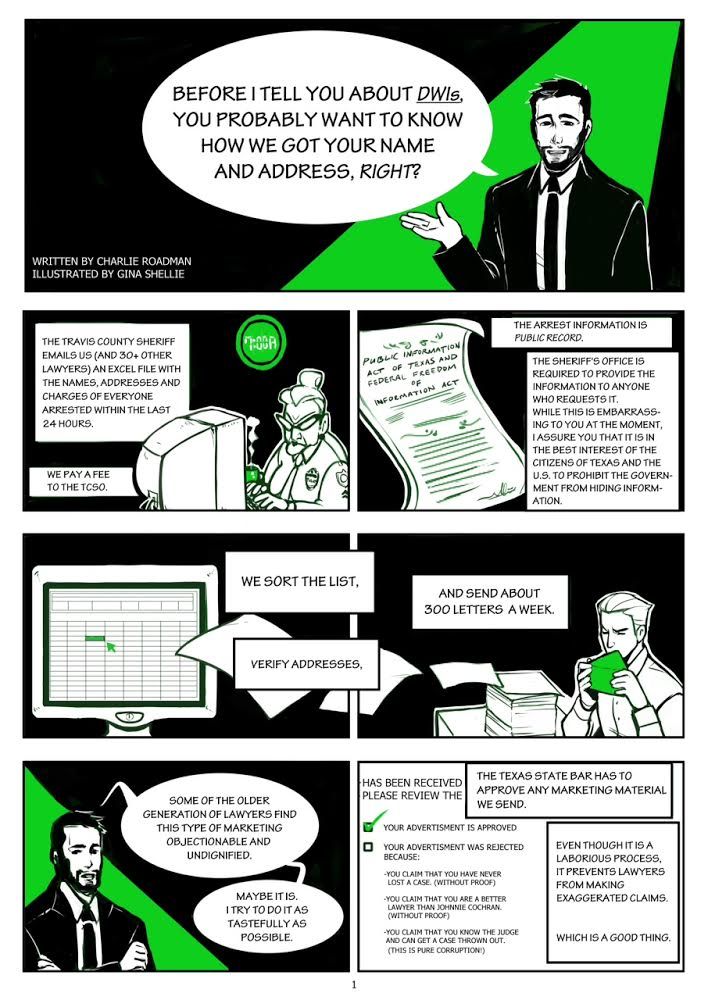DWI Timeline & Blood Alcohol Content
DWI Timeline & Blood Alcohol Content
Charlie explains the timeline of a DWI arrest in relation to blood alcohol content (BAC),
FAQs
Q: What happens during the initial police contact in a DWI arrest?
A: During the initial police contact, you may be pulled over or approached by an officer while parked. The officer will typically engage in a brief conversation to ask where you are going and to see your ID.
Q: When does a DWI investigation begin?
A: A DWI investigation begins if the police officer suspects you have been drinking or are otherwise intoxicated based on their initial interaction with you.
Q: What are field sobriety tests and are they mandatory?
A: Field sobriety tests often include the walk and turn, one-leg stand, and horizontal gaze nystagmus test. These are conducted to assess your sobriety. While officers may request you to perform these tests, the requirements and implications of refusal may vary by jurisdiction.
Q: What is a portable breath test (PBT) and does it affect the case?
A: A PBT is a handheld device used to measure blood alcohol content at the scene. While officers may claim its results are not admissible in court, they are visible to prosecutors and judges and can influence the case, although they are not shown to a jury.
Q: What happens if I'm arrested for DWI?
A: You can be arrested if you blow higher than a 0.05 on a breathalyzer test. This is due to the possibility of being under the influence of substances other than alcohol or losing normal mental or physical faculties even with a BAC below the legal limit.
Q: What is the process after being arrested for DWI?
A: After an arrest, you will be taken to the station, where you will have the option to voluntarily submit to a breath or blood test. If you refuse, the officers may obtain a warrant to conduct a blood draw in most cases.
Q: Which BAC tests count towards the level of offense in a DWI case?
A: The BAC tests that count towards the level of offense are the official breath or blood tests conducted at the police station or after a warrant is obtained, not the initial PBT.
Q: What is reverse or retrograde extrapolation in the context of a DWI case?
A: Reverse or retrograde extrapolation is a method used to estimate what your BAC might have been at the time of driving based on tests conducted later. It accounts for the time it takes alcohol to absorb into your system and can be subject to debate in court as alcohol levels can rise or fall over time.
Q: Can the prosecutor use the timing of my BAC test against me?
A: Yes, prosecutors may argue that your BAC was different at the time of driving compared to when the test was taken, depending on whether they believe your alcohol level was rising or falling.



